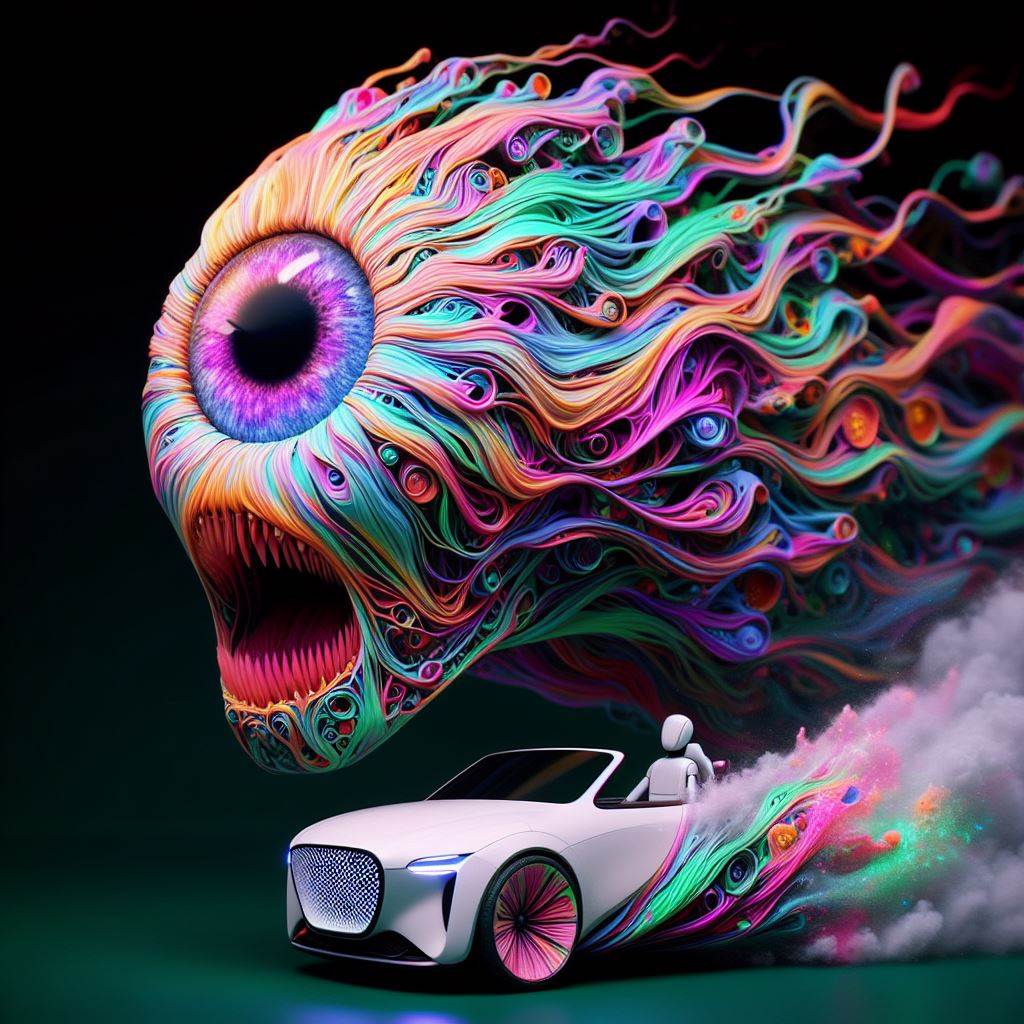
OpenAI, renowned for its ChatGPT, ventures into the realm of AI-generated videos with its latest innovation, Sora. This text-to-video generator, introduced by the San Francisco-based company, utilizes generative AI to swiftly produce short videos based on written commands, marking a significant leap in text-to-video generation technology.
While Sora isn't the pioneer in this field, industry analysts highlight the exceptional quality of its videos showcased thus far. The unveiling of Sora prompts both excitement and apprehension regarding its potential ethical and societal implications.
What Sora Offers and Availability:Sora creates videos up to 60 seconds long from written prompts using generative AI, with the ability to generate video from existing still images. Despite its capabilities, Sora remains unavailable for public use as OpenAI engages with policymakers and artists before an official release. Examples shared by the company demonstrate Sora's prowess in realistically detailed video creation, responding to prompts ranging from "two golden retrievers podcasting on top of a mountain" to "a bicycle race on the ocean with different animals as athletes riding the bicycles with drone camera view."
Industry Landscape:While Sora faces competition from similar technologies by Google, Meta, and Runway ML, industry analysts emphasize the apparent quality and impressive length of Sora's videos. Fred Havemeyer from Macquarie notes Sora's advancement in producing more natural-looking videos, reducing the occurrence of "uncanny valley" effects.
Potential Risks and Safety Measures:Despite the excitement surrounding Sora's capabilities, concerns persist regarding its ethical implications, particularly in areas like politics and misinformation. Havemeyer underscores the risks associated with the potential misuse of AI-generated videos, highlighting concerns about fraud, propaganda, and misinformation, especially in sensitive contexts like election cycles.
OpenAI acknowledges these risks and emphasizes safety measures before Sora's widespread availability. The company collaborates with domain experts to adversarially test the model, focusing on detecting misleading content generated by Sora.
Regulatory Landscape and Transparency:Governments worldwide are grappling with regulating AI technologies, with the European Union recently reaching a deal on comprehensive AI rules. OpenAI pledges cautious release of Sora, taking steps to combat AI-generated election deepfakes and address concerns about misinformation and bias.
Despite its cautious approach, OpenAI's limited disclosure regarding Sora's development raises questions about transparency, especially amid ongoing lawsuits concerning its use of copyrighted works to train ChatGPT.
In unveiling Sora, OpenAI navigates the delicate balance between technological advancement and ethical responsibility, sparking discussions about the future of AI-generated content and the need for robust regulatory frameworks.